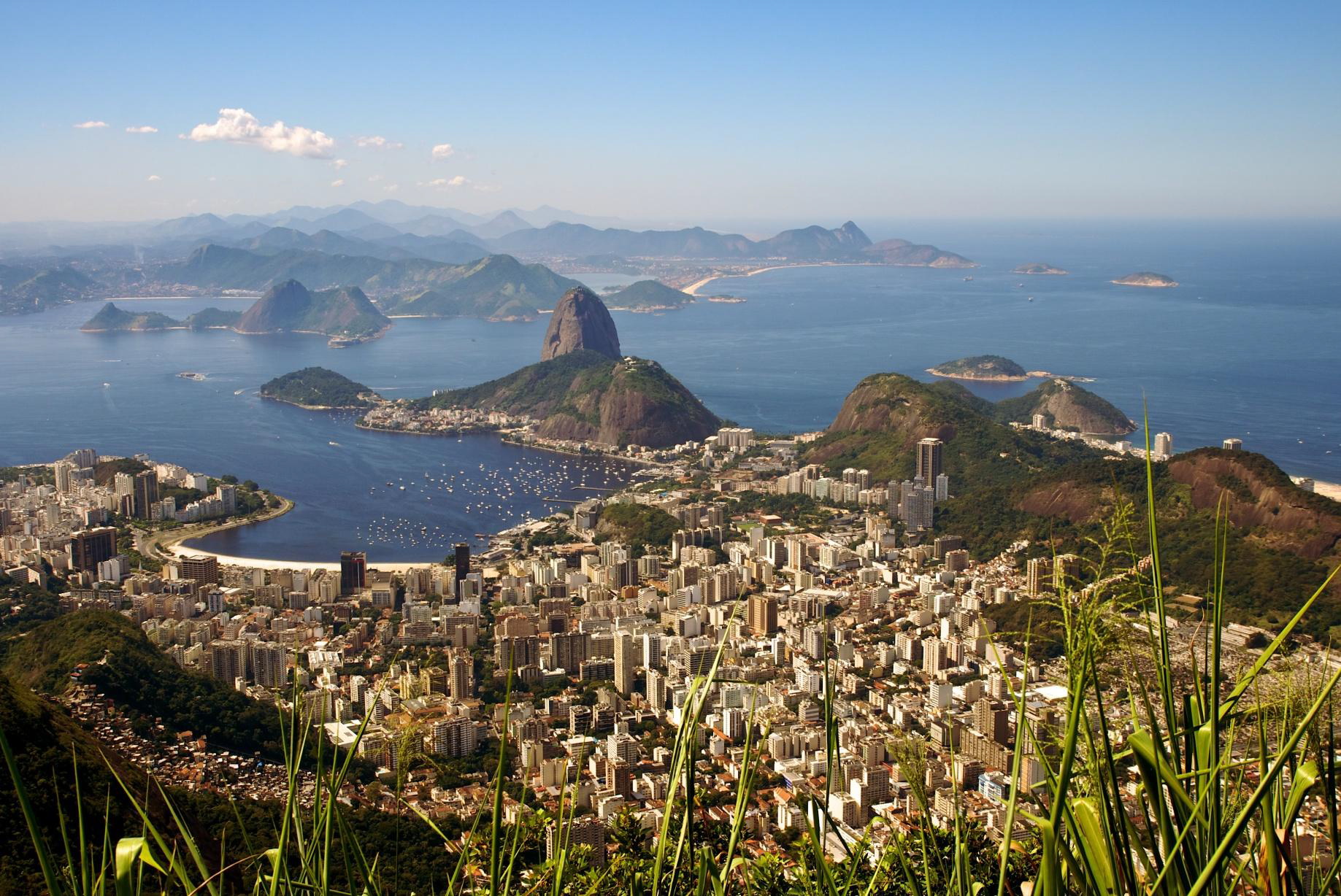POLITHEOR
European Policy Network
rio 2016
- Home
- rio 2016
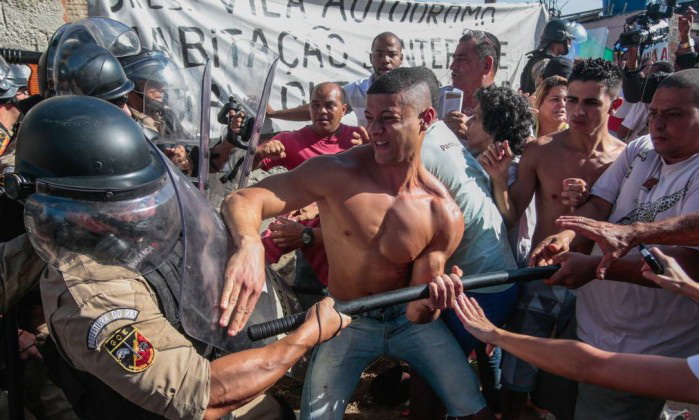
Bread and games and evictions0
- International Relations and Global Affairs, Op-ed
- 05/07/2016
The defeat of the Brazilian team at the hands (feet?) of the German Mannschaft two years ago is etched in our collective minds. The match – though remarkable – had little to do with that. What stuck was the reaction of the public and the images of heartbroken football fans that went around the globe. They showed a nation that had betted a lot on football – and lost.
READ MORE
Rio 2016’s Unenduring Legacy0
- International Relations and Global Affairs, Op-ed
- 04/07/2016
The 2016 Olympic Games in Rio de Janeiro have been heralded from the start as ‘legacy games’. One key component of the Rio 2016 legacy plan is increased sport participation for low-income children and youth, with a number of public programs set up, and substantial funding channeled, toward this goal. One month before the Games are scheduled to begin, however, this legacy has yet to leave a lasting mark.
READ MORE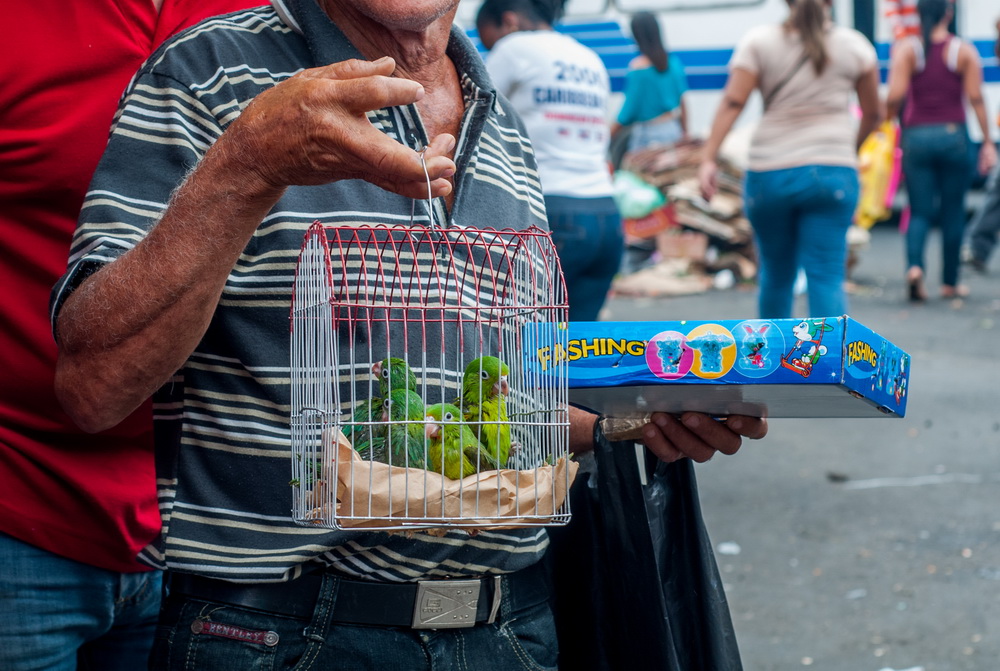
The Rio Olympics: Green or a Greenwash?1
- Environment and Energy, Op-ed
- 04/07/2016
Rio won the honour to host the Olympic Games on the idealistic promise it will leave a “sustainable legacy”. There is, however, a distinct difference between the ideal and the reality when the Olympic Sustainable Management Plan fails to combat the booming Brazilian illegal wildlife trade. The international community are on one hand promoting Rio as green, but on the other accepting their contribution to what the UN has recently found to be ‘an unprecedented threat to wildlife’ by allowing Rio to host the world’s biggest international sporting event.
READ MORE
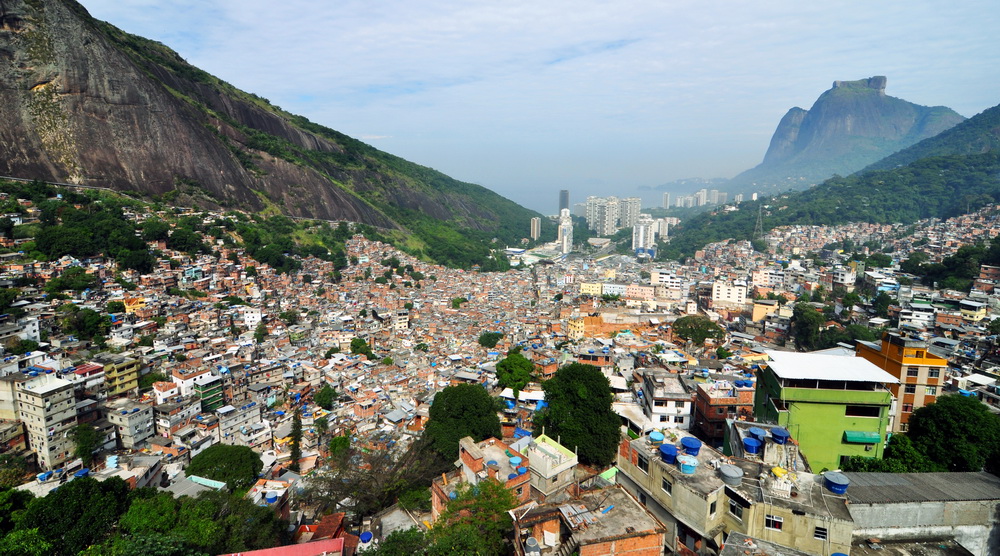
The unexpected champion: How Rio’s favelas strive to go green while Olympic legacy falls short1
- Environment and Energy, Op-ed
- 01/07/2016
The municipal government of Rio de Janeiro has promised to urbanize its favelas by 2020, but projects supposed to upgrade the favelas’ infrastructure and create jobs have quickly lost momentum. Fortunately, an unexpected champion has emerged, as residents of favelas have come together and taken the initiative to “green” their communities with reforestation projects, rooftop solar panels and community food gardening, highlighting how sustainable urban design should be done.
READ MORE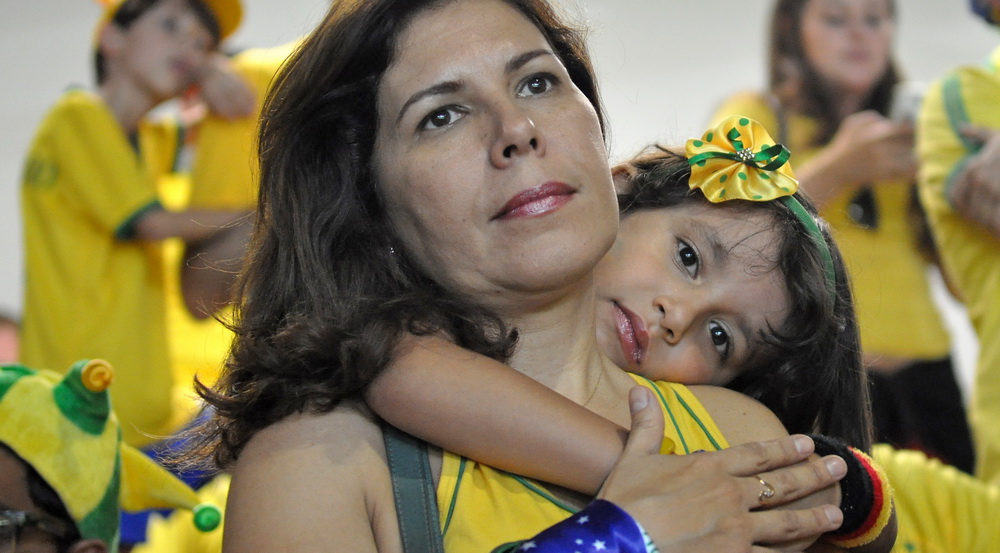
There is something –missing– about Brazil: Women, social protest and massive sports events0
- Human Rights and Migration, Op-ed
- 30/06/2016
Brazil is used to dealing with two issues lately: massive sport events and extensive social protests that challenge them. Yet the recent brutal gang rape provoked a discourse that had always been downplayed, forgotten – or neglected. When massive sport events make the sex industry flourish, how do we address and tackle the underlying stigmatization of women in Brazil? Authors: Irene Zugasti & Simon Marijsse
READ MORE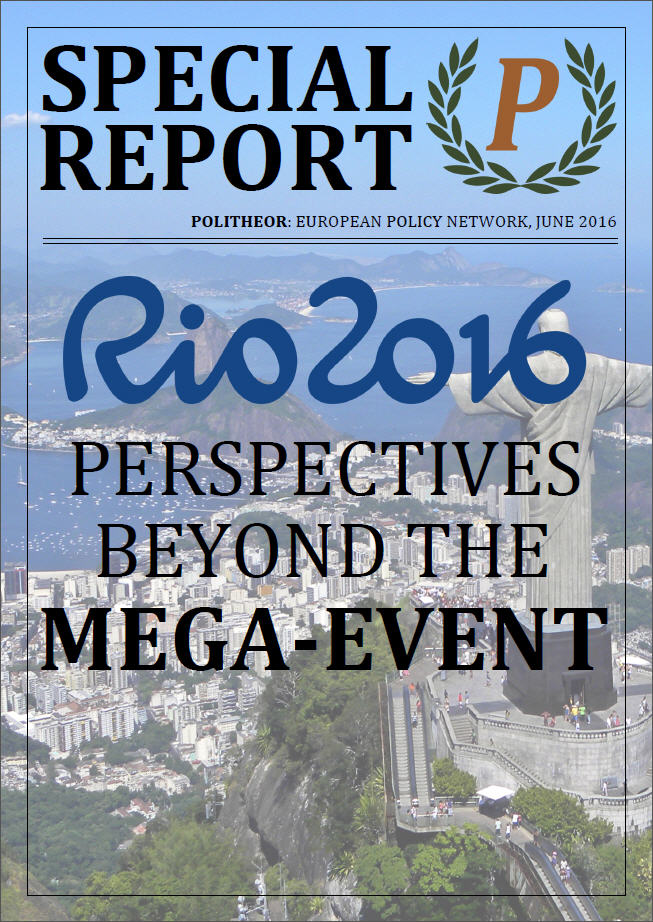
Janice Perlman: “There are so many things in Rio that are never talked about and that are absolutely heroic.”2
For this month’s Special Report, Dr. Janice Perlman, founder and CEO of the Mega-Cities Project, joined us to share her wide expertise on public policy, mega-events and the Rio Olympics. Since her last book Favela. Four decades of living on the edge in Rio de Janeiro hit the shelves, six years have passed. It’s time to take a step back and have a look at what has happened.
READ MORE


